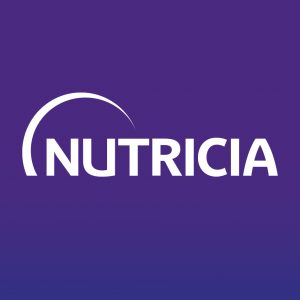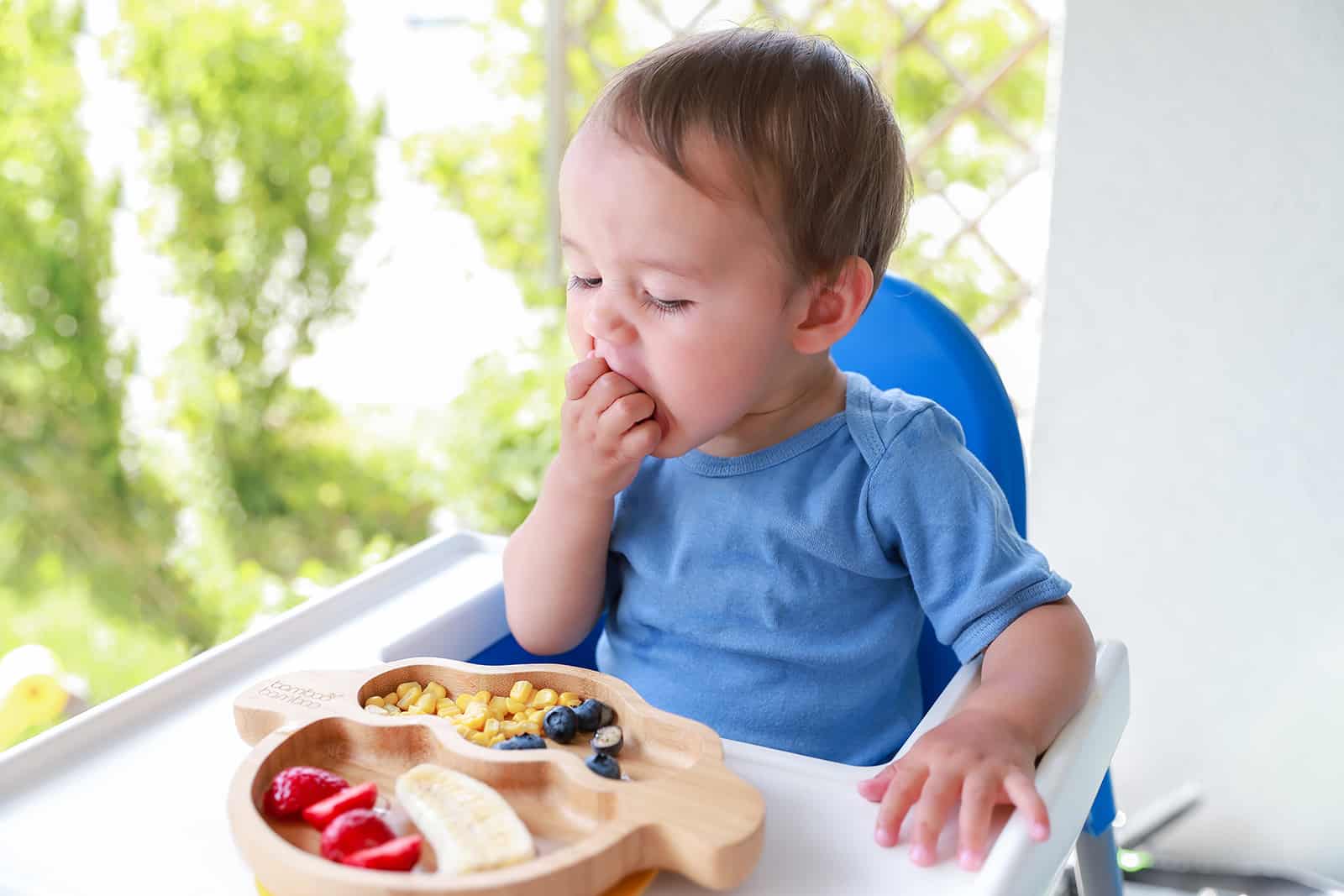Introducing First Foods
During your baby’s first few months they get all the nutrition and Phe they need from breast milk and/or infant formula and their PKU formula. From around 6 months your baby will move onto the next stage of feeding, when solid foods are introduced.
Solid foods are generally introduced around 6 months of age. Recommendations for the time to start solids for babies with PKU is the same as for all other healthy children, however the type of solids to introduce are different. This is a time when many people may offer advice about what is best for your baby, and it is important that you check with your dietitian about what is appropriate for your child.
How do I get started?
Your dietitian will guide you through the process and here are a few tips:
- Make sure your baby is showing signs of being ready to take solids. This can be showing an interest in what you are eating e.g. reaching out to grab food, watching closely when someone else is eating, or opening their mouth when food comes near
- Use a high chair or booster seat which can clip on to an ordinary chair to lift your baby up to within reach of the table
- Pick a time of day that suits your baby and when you are not rushed
You may also wish to use a plastic bowl or plate for your baby’s food (and also for baby to play with) and later two spoons – one to feed with and the other for baby to grab and wave about!
Feeding a baby solids can be messy, but lots of fun. A bib is essential to protect your baby’s clothes and you may also consider a mess-mat to cover the floor
Remember, every baby is different and will develop at their own pace. It is also best to offer solids at a nice quiet time so that you and your baby are relaxed.
What about my baby’s Phe needs?
The first solids offered are usually ‘free foods’. Free foods contain such a small amount of Phe that they do not need to be counted as part of the daily Phe intake (so it doesn’t matter if they are refused or spat out!). Your baby’s daily Phe requirements will continue to be provided by breast milk or standard infant formula. Your dietitian will guide you step by step through this process.
What if my baby will not eat?
This is perfectly normal. All babies have ‘off days’ just like us. Don’t make a fuss or try to force-feed your baby. Just clear the food away and try again at the next meal time. When food is taken offer lots of praise and encouragement. Try to make meal times fun, offer a variety of foods suggested by your dietitian and ensure portions are small and manageable. If your baby does not appear to like a particular food or refuses it after having tried it once, don’t give up. Some children take many attempts before they accept a new taste. Keep trying by offering a taste until they get used to it, but don’t force. If you have any concerns about your child’s eating, speak to your dietitian for guidance.
When do I need to start counting protein?
Initially, your baby will only have free foods containing little or no Phe. These free foods help your baby get used to new tastes and textures without affecting blood Phe control. When your baby is ready to start solids containing Phe, it will gradually replace the Phe in breast milk/standard infant formula.
Your dietitian will advise you on how to gradually increase the amount of protein taken as solid foods while decreasing the amount of standard infant formula or breast milk taken. Eventually protein from solid foods will replace all standard infant formula or breast milk in your baby’s diet.
Some babies progress more quickly than others. Do not worry if your baby takes some time to replace all the breast milk/standard infant formula with solid foods.
As your child eats more solid food, it is still important to make sure that they drink the prescribed amount of their PKU formula each day. As the amount of solid food increases, babies sometimes find it more difficult to drink as much of their PKU formula and it is at this time they may require one that is more concentrated. Introducing a more concentrated formula generally occurs after 6 months of age, and can be used in conjunction with the PKU infant formula which will gradually decrease over the first year. Your dietitian will advise you when to introduce this.
Note: This more concentrated formula is sometimes called a PKU supplement and the terms PKU formula and PKU supplement are often used interchangeably.
How do I measure foods?
Starting to count protein is a new challenge in managing a PKU diet. Your dietitian will work closely with you through this process and will give you lists of suitable foods and their protein (Phe) content. Initially you may plan meals together until you feel comfortable doing this yourself.
Are there any PKU-friendly finger foods?
As they age and develop, your baby will become interested in new things and it is important to expand the variety of free foods offered. Try offering soft finger foods such as slices of soft fruits or cooked vegetables such as melon or carrot. Suitable specially manufactured low-protein foods can also be used freely to add variety to the diet e.g. Loprofin bread can be used to make fingers of toast with a spread of margarine.
Remember to let them get stuck in, hold the spoon for themselves, and make a mess! Children learn about food by touching, feeling and smelling as well as by tasting and eating. This is important to help them learn to feed by themselves.
Avoid very hard and small pieces of food that can easily be swallowed without chewing, such as whole grapes; as this can cause choking.
Here is a helpful list of some low protein foods you may be able to include. Please check with your dietitian first to make sure each option is suitable for your child.
6-8 Months Old
- Stewed fruits
- Small slices of soft fresh fruit
- Some breakfast cereals
- Soft cooked vegetables such as carrots or squash
- Low protein pasta and rice
9-12 Months Old
- Fruits
- Fresh
- Wash thoroughly.
- Remove hard or tough skins and seeds.
- Cut into small, bite-size pieces or thin sticks (i.e. quarter grapes)
- Grate hard fruits e.g apple.
- Stewed
- Cook fresh peeled apple, pears or stone fruit or pitted dried fruit such as prunes,
- Frozen/Canned
- Look for fruits packed in their own juices.
- Avoid fruits canned in heavy syrup.
- Frozen fruits are soothing to teething gums.
- Dried (your child may need to be closer to 12 months for this)
- Sultanas
- Pitted or seedless prunes, apples, apricots, peaches, and dates.
- Vegetables
- Fresh
- Wash thoroughly.
- Hard and raw vegetables are more difficult to chew, swallow, and digest.
- Cook until tender and easily pierced with a fork.
- Cut into small pieces, long thin strips, or grate so your child can self feed.
- Serve hot or cold.
- Canned or Jarred
- Be careful of the amount of salt/sodium, choose low salt/sodium if possible.
- Rinse the can or jar before opening.
- Can be served directly from the can, cut to appropriate size.
- Frozen
- Must be cooked until tender and cut to appropriate size.
Please Note: The dietary management for PKU varies for each person so all information presented here is for guidance only. Your own dietitian and/or doctor will advise you on all aspects relating to management of PKU for you and your family.









